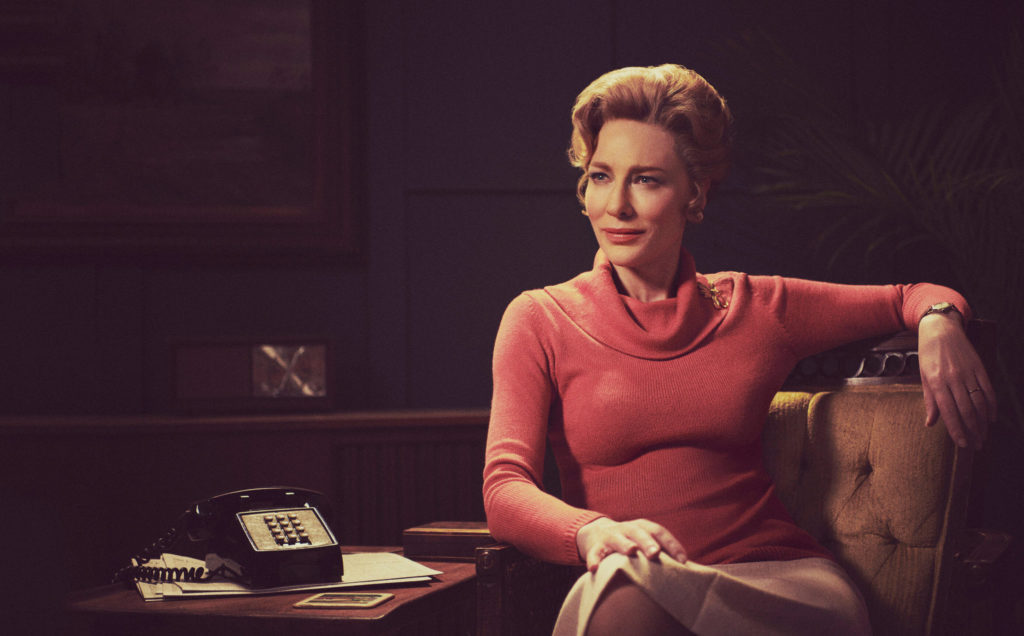Leave Amy Coney Barrett Aloooooooooone

Noah Feldman does not like how Linda Greenhouse’s new book discusses Amy Coney Barrett’s nomination as a transformative moment for the Supreme Court for obvious reasons. The general “the last Supreme Court term was Surprisingly Moderate if you ignore or downplay the cases that weren’t” thrust of the review is expected if annoying, but this is some truly amazing stuff:
Maybe because it’s hard to write a drama in which the villain hasn’t done anything terrible yet, Greenhouse makes an uncharacteristic misstep in a brief excursus that compares the new justice to the late Phyllis Schlafly. To be sure, Schlafly was an important figure in the early anti-abortion movement. But her anti-feminist crusade against women in the workplace sits oddly with Barrett’s lifelong pursuit of a full-time career as a law professor and judge while raising seven (no, that’s not a typo) children. The only motivation for the invocation of Schlafly seems to be that, as Greenhouse notes, she was the subject of a television mini-series in 2020, and that both were lawyers with large families. “Forty years later, more than a few people looked at Amy Coney Barrett and saw Phyllis Schlafly,” Greenhouse writes, with no indication of who those people were. “And how could they not, given the similarity in the two women’s biographies?” This isn’t even guilt by association. It’s guilt by free association.
It’s ridiculous to compare Amy Coney Barrett to Phyllis Schlafly. You see, Barrett has had a full-time professional career, while on the other hand rather than being, say, an aspiring candidate for Congress or professional activist or lawyer Schlafly famously remained a private homemaker and…wait, what?
What’s particularly astounding about this is that Schlafly not living anything remotely like the lifestyle she advocated for other women is one of the most famous facts about her! Which makes attempting to dunk on Greenhouse for comparing Schlafly to Barrett because the latter has a job a truly epic self-own by someone who’s become a master of the form.
There’s also this:
Linda Greenhouse’s new book on the Supreme Court opens in October 2020, with the drama of Justice Amy Coney Barrett’s appointment by Donald Trump. By rights it should have started in 2009, when Barack Obama was president, Democrats controlled the Senate and Justice Ruth Bader Ginsburg was diagnosed with pancreatic cancer — her second cancer diagnosis in a decade. Ginsburg lived another 11 years, spectacularly beating the odds even after a third diagnosis in 2018. But in retrospect, nothing is clearer than that she should have resigned expeditiously after learning she had a cancer that has an average five-year survival rate of 10 percent.
Ginsburg, who as Greenhouse notes was sometimes called the Thurgood Marshall of the women’s rights movement, was playing Russian roulette with the future of abortion rights and civil rights.
As is well known, we here at LGM do not disagree with the argument that it was very, very unwise for Ginsburg not to retire 2013. It is, however, rather more problematic coming from someone who has condescendingly attacked people from saying the exact same thing about Stephen Breyer. Elite Liberal Lawyer Brain can be a deeply strange thing.


